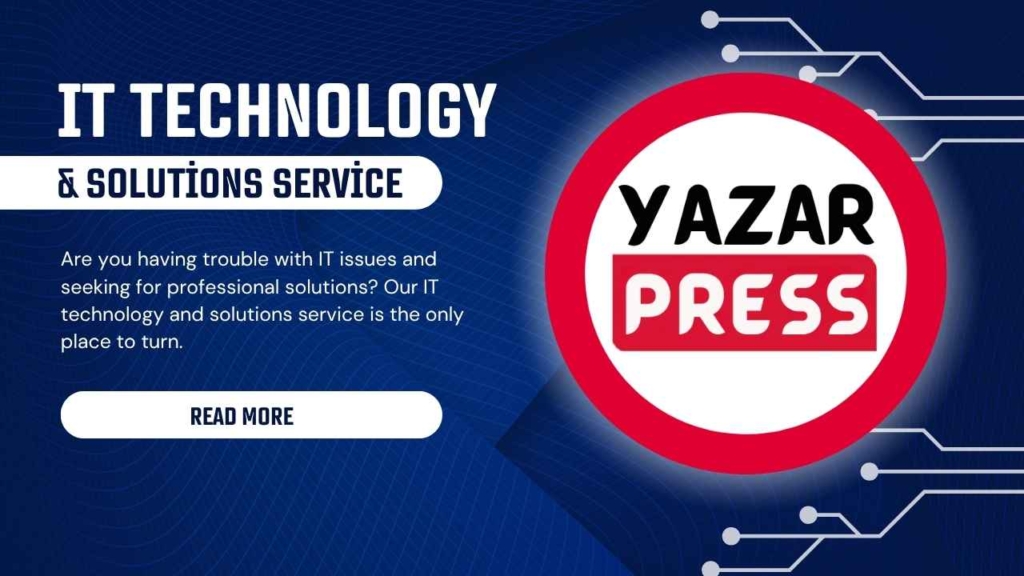In a world driven by digital transactions and advanced data security, blockchain technology is emerging as a revolutionary force. This innovative system offers a transparent, secure, and highly efficient way to record transactions and manage data across various industries.
What is Blockchain Technology?
At its core, blockchain is a decentralized digital ledger that records transactions across multiple computers. This ensures that the information is secure and cannot be altered retroactively without the alteration of all subsequent blocks, which would require consensus from the network. Blockchain was originally developed as the underlying technology for Bitcoin, but its applications have since expanded beyond cryptocurrencies.
How Does Blockchain Work?
The operation of blockchain technology involves a series of steps, which can be summarized as follows:
- Transaction Initiation: A user initiates a transaction, such as sending cryptocurrency or recording data.
- Transaction Verification: This transaction is broadcasted to a network of computers (nodes) who verify its authenticity using algorithms.
- Transaction Recording: Once verified, the transaction is grouped with other transactions into a block.
- Adding to the Chain: This block is added to the existing chain of blocks, forming a permanent record.
- Distribution: The updated blockchain is distributed across all the nodes in the network.
Why is Blockchain Important?
Blockchain technology boasts several key advantages that make it invaluable in today’s digital landscape:
| Benefits of Blockchain |
|---|
| Security: Transactions are encrypted, ensuring that data remains safe. |
| Transparency: All transactions are recorded and can be viewed by all participants. |
| Decentralization: Eliminates the need for a central authority, reducing the risk of data manipulation. |
| Efficiency: Streamlines processes by reducing the time and costs associated with traditional transactions. |
Who Uses Blockchain Technology?
Blockchain is being utilized across a variety of sectors including:
- Financial Services
- Supply Chain Management
- Healthcare
- Government and Public Records
Many companies and institutions are actively integrating blockchain solutions to enhance operational efficiencies and security.
Conclusion: The Future of Blockchain Technology
In summary, blockchain technology is reshaping the way transactions are processed and data is managed. Its unique structure allows for high levels of security, transparency, and efficiency, which are crucial in today’s digital economy. As more industries recognize its potential, the adoption of blockchain technology is poised to grow exponentially, reinforcing its role as a cornerstone of modern innovation.














